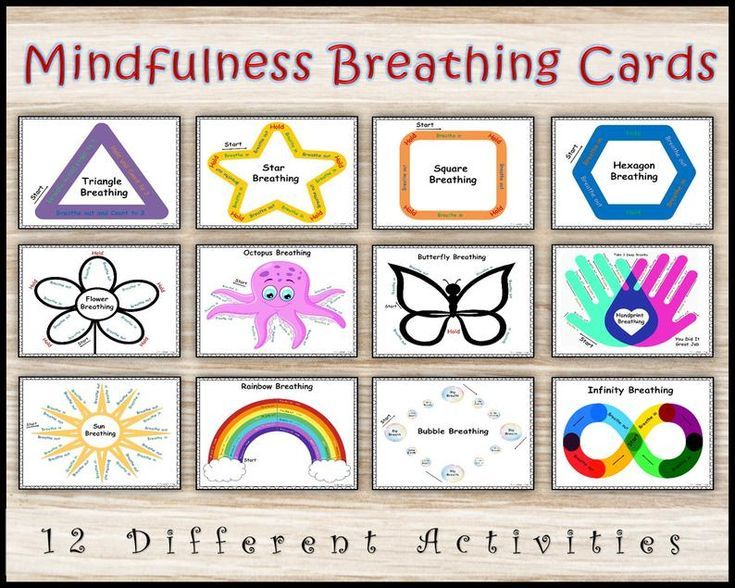Mindful breathing exercises for women with chronic allergies

Living with chronic allergies can be incredibly challenging, affecting women in various aspects of their lives. Constant symptoms such as sneezing, congestion, and itchy eyes can lead to decreased productivity, difficulty focusing, and overall diminished quality of life.
While medications and avoidance strategies play a vital role in managing allergies, incorporating mindful breathing exercises into your daily routine can offer additional relief. Mindful breathing brings awareness to your breath and can help alleviate symptoms by reducing stress, improving lung capacity, and promoting overall wellbeing.
The Science Behind Mindful Breathing for Allergies
Research shows that stress worsens allergy symptoms. When stressed, the body’s immune response weakens, making existing allergies more pronounced. Mindful breathing reduces stress by activating the body’s relaxation response, enhancing the immune system’s ability to fight allergies.
Additionally, incorporating deep-breathing exercises can improve lung capacity, allowing for better oxygen intake and increased airflow. This, in turn, can relieve congestion and make breathing easier for women with chronic allergies.
Practicing Mindful Breathing
Belly Breathing: Find a comfortable, quiet space to sit or lie down. Place one hand on your abdomen and the other on your chest. Take slow, deep breaths through your nose, allowing your abdomen to rise as you fill your lungs with air. Exhale slowly through your mouth, feeling your abdomen lower. Repeat this exercise for 5 minutes, focusing on the sensation of your breath and the rise and fall of your belly.
Nadi Shodhan Pranayama: Also known as alternate nostril breathing, this yoga technique helps balance the flow of breath through the nostrils, promoting relaxation and reducing allergy symptoms. Sit comfortably and place your left hand on your left knee. Gently close your right nostril with your right thumb and exhale completely through your left nostril. Inhale deeply through the left nostril, close it with your ring finger, and simultaneously release your thumb from the right nostril. Exhale through the right nostril. Repeat this cycle, inhaling through the right nostril and exhaling through the left. Continue for 5 minutes, focusing on smooth, even breaths.
Box Breathing: This technique helps regulate breathing patterns, calms the mind, and reduces stress associated with allergies. Start by sitting comfortably and inhale through your nose for a count of four. Hold your breath for a count of four, and then exhale through your nose for a count of four. Finally, hold your breath for a count of four before beginning the cycle again. Repeat this exercise for 5 minutes, concentrating on the length and quality of each breath.
Remember, practicing mindful breathing exercises regularly can yield the best results. Aim to incorporate these techniques into your daily routine, especially during peak allergy seasons or when symptoms are particularly bothersome.
Additional Tips for Managing Chronic Allergies
In addition to mindful breathing exercises, consider implementing the following tips to further manage your chronic allergies:
Identify your triggers: Work with an allergist to identify specific allergens causing your symptoms. This knowledge can help you avoid or minimize exposure to triggers.
Keep your home clean: Regularly clean and dust your living space to reduce allergens such as pet dander, dust mites, and pollen.
Monitor outdoor conditions: Stay informed about pollen forecasts and avoid spending extended periods outdoors when pollen counts are high.
Stay hydrated: Drinking plenty of water can help thin mucus and reduce congestion.
“By incorporating mindful breathing exercises into your daily routine, you can empower yourself to better manage chronic allergies, alleviate symptoms, and improve overall well-being.”
Remember, mindful breathing exercises should complement, not replace, any medications prescribed by your healthcare provider. If symptoms persist or worsen, consult with an allergist or immunologist for further guidance.
Take control of your allergic reactions through the power of mindful breathing and regain the freedom to enjoy life without constant discomfort caused by chronic allergies.





